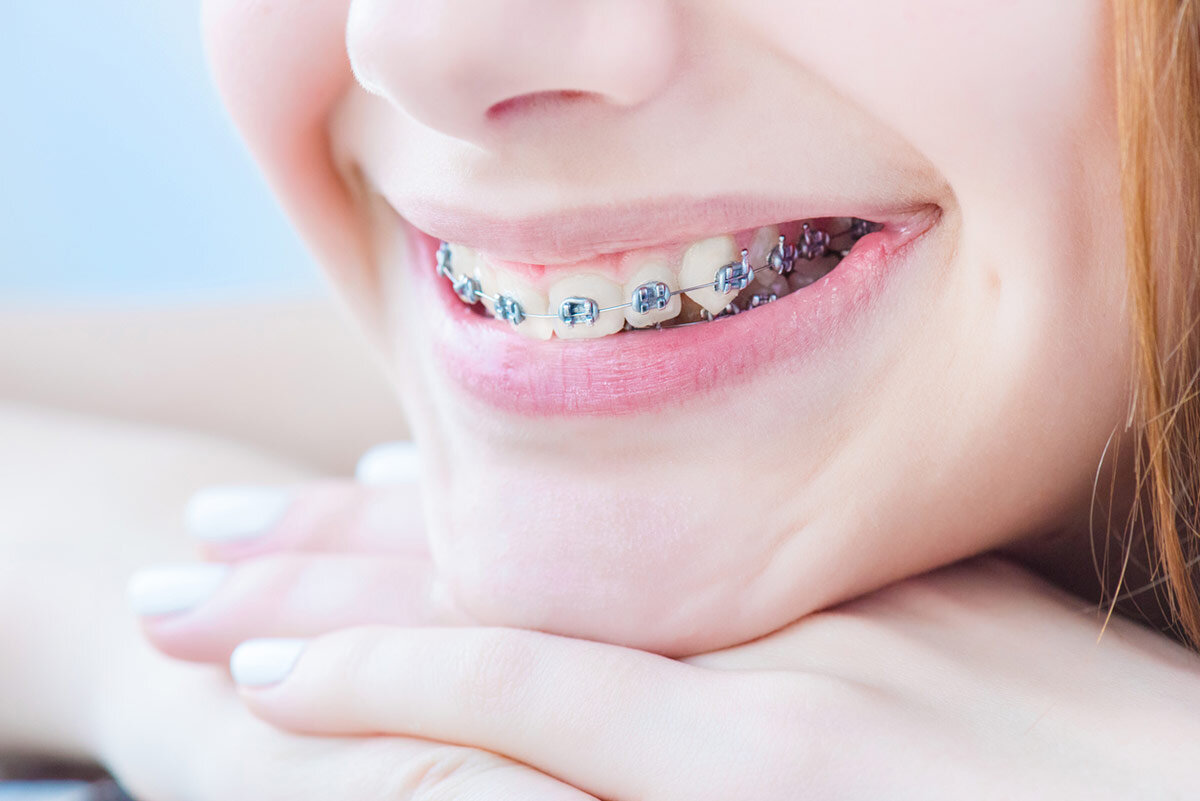Your child’s pediatric dentist can help you determine the right time to have their teeth evaluated for braces.

The best-case scenario is that your child’s teeth are perfect and that they don’t need orthodontic work. But for most kids, that is unfortunately not the case. Braces aren’t just about aesthetic appearances; they can also be necessary to prevent tooth decay and to save your child from the potential for other dental problems in the future. There is a critical time to get braces and when a child should be evaluated. There are many reasons why a child might need orthodontic work, so getting them evaluated is important to head off problems later on.
Why Do Children Need Braces?
There are a vast number of reasons that someone might need braces. The most common are overlapping, overcrowded, or crooked teeth. Your child might also have a crooked bite, which is also called a malocclusion. This happens when the size of the upper and lower jaws are not the same. Sometimes the condition can be referred to as either an underbite or an overbite, depending on which jaw is larger than the other.
If your child has an accident, has poor oral habits like sucking their thumb, or if they lose their baby teeth when they are too young, it can lead to them needing braces. But in most instances, braces are required due to inherited genetic traits. If you needed braces as a child, it is highly likely that your child will too.
Your pediatric dentist will probably be able to see signs that your child might need to be evaluated during their regularly scheduled visit. It is also wise to go directly to the orthodontist for a full examination to ensure that an underlying problem isn’t missed.
When is the Best Time to Have Your Child’s Teeth Evaluated?
There is no “magic” age to bring your child in for an orthodontic consultation. Typically anywhere from the ages of 6 to 10 is when you are going to be able to diagnose and spot potential problems. Since the typical child begins to get their permanent teeth at about the age of 7, it’s likely you will start to recognize problems around that time and should make an appointment.
Having an evaluation done early does not necessarily mean that your child will need braces immediately. But it might help you to have a plan of treatment in motion so that you know what to expect and to time the phases of orthodontic work to best help your child’s comfort level and to shorten the length of time they will need to be in braces.
Although there is no set time to bring your child in for an orthodontic evaluation, if your dentist starts to see signs of an issue, then it is smart to schedule an orthodontic appointment. It doesn’t necessarily mean that they will be ready to get started, but at least you will have a clue of what they may need for the future and how to tackle whatever corrective needs they might require.
